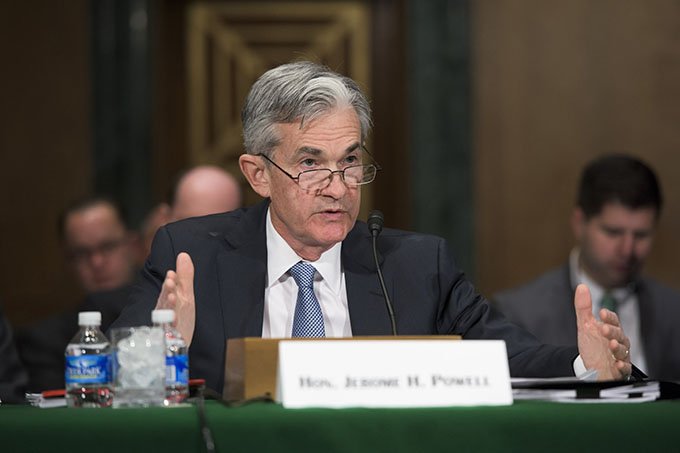 In his first day of his two-day testimony before Congress, Federal Reserve Chairman Jerome Powell told U.S. lawmakers that the U.S. economy is in a “good place”. Powell’s comments were well-placed despite persistent global economic uncertainty – the U.S. economy is in its longest period of economic expansion on record, now in its 11th year.
In his first day of his two-day testimony before Congress, Federal Reserve Chairman Jerome Powell told U.S. lawmakers that the U.S. economy is in a “good place”. Powell’s comments were well-placed despite persistent global economic uncertainty – the U.S. economy is in its longest period of economic expansion on record, now in its 11th year.
Powell claimed that the period of growth can continue and that the Fed will try to keep short-term borrowing costs between 1.50 percent and 1.75 percent in order to support continued economic expansion.
During his testimony, Powell skirted the issue of bipartisan politics that is currently plaguing the U.S. political stage, but he did offer a somewhat backhanded compliment to U.S. President Donald Trump; when asked if Trump’s economic policies were helping the economy, Powell said that “at a high level – of course they are.” This comment can be understood as complimentary, considering the public differences in opinion that Powell and Trump have had since Trump took office. Despite Powell’s “kind” words, Trump again led the call for lowering interest rates further, a position that Powell has firmly negated.
On the negative side, Powell addressed the coronavirus and commented that it’s too early to tell if the virus will have long term impacts on the U.S. economy, and that no new policies will be implemented in response to the virus until necessary. He also commented on distressing signs in the labor market, including gaps in participation in the labor force by people in different racial and ethnic groups.
In other news out of the U.S., reports from the U.S. Labor Department on Tuesday showed that though job openings remain fairly high, there was an uptick in layoffs at the end of 2019, which may indicate signs that the labor market will weaken soon. Likewise, the department noted that U.S. job openings declined in December 2019 for the second consecutive month to hit their lowest level in two years. The private sector saw the steepest declines.
The U.S. dollar continued to strengthen against its primary trading partners, with the greenback gaining against 0.07 percent against the yen as of 2:35 p.m. HK/SIN, to trade at 109.85. The euro continued to decline against the dollar, pushing past its 50-day low, and declining 0.064 percent to $1.1091. The Australian dollar surged against the greenback to trade up 0.15 percent to $0.672 as a decline in the number of new coronavirus cases boosted optimism that the disease has peaked, despite a continuing increase in the death toll and a high number of deaths per day.
Asian stock markets also took advantage of this optimism, with the Shenzhen Composite jumping 1.45 percent and the Shanghai Composite up 0.78 percent. Japan’s Nikkei 225 gained 0.74 percent by the mid-afternoon in Asia, and South Korea’s Kospi rose 0.77 percent.
Oil futures also spiked as expectations for increased demand rose. U.S. WTI futures were up 1.06 percent to $50.47 per barrel while Brent futures soared 1.59 percent to $54.87 per barrel.
